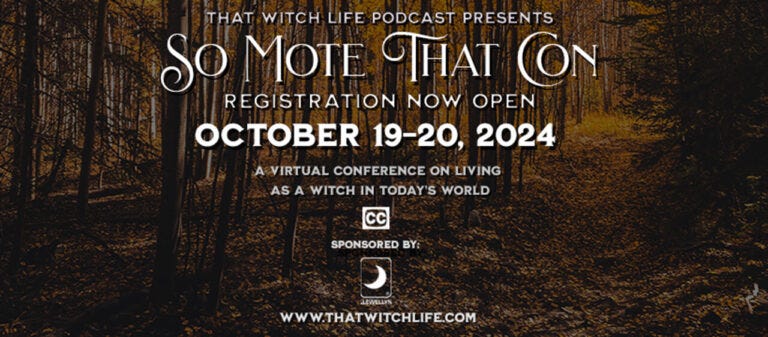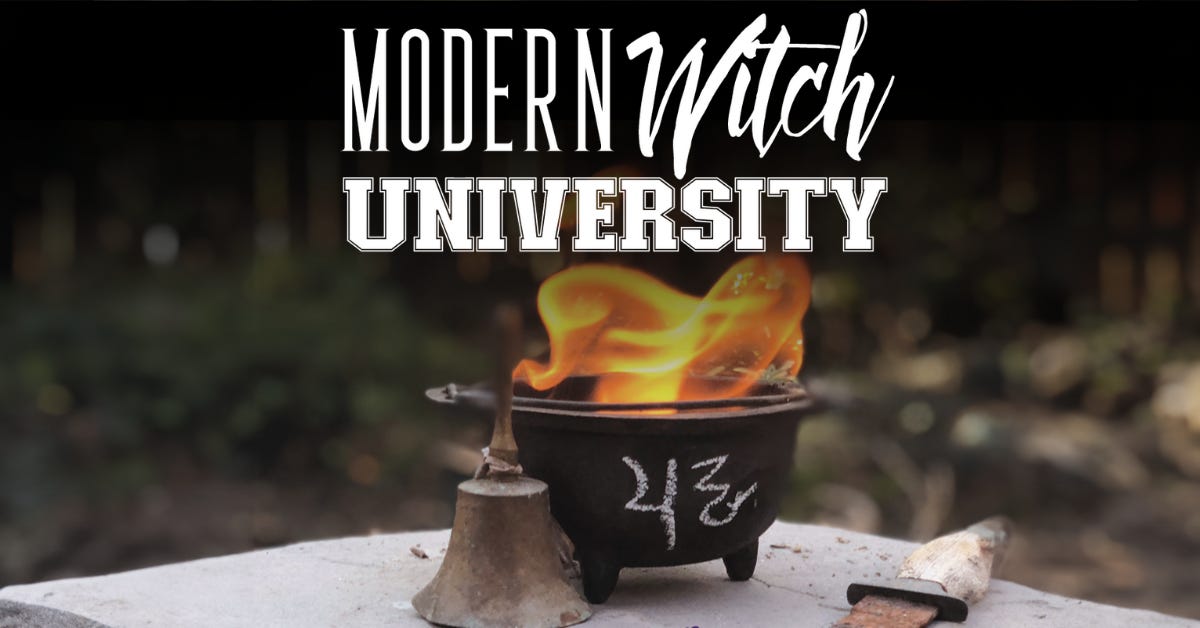When Doubt Creeps In: Conquering Imposter Syndrome as a Psychic Tarot Reader
How to overcome self-doubt and trust your psychic abilities in tarot readings
I just read Theresa Reed’s great post, Imposter Syndrome Pep Talk, if you get a moment, go read it real quick. Not only do I agree one hundred percent, but it also inspired me to talk about imposter syndrome in the context of tarot and psychic ability. It’s something that hits almost every reader at some point—the fear that you’re not truly psychic, that you’re just guessing, or that you’re not experienced enough to be guiding someone’s life. Theresa’s words reminded me of my own experiences with this, and how important it is to work through those doubts, especially when it comes to the responsibility of offering psychic tarot readings.
I didn’t always feel confident giving psychic tarot readings. Many years ago, when I first started reading professionally, imposter syndrome hit me hard. Every time I sat down with someone, I had this voice in the back of my head asking, Who do you think you are? What makes you qualified to guide someone’s life with these cards? It’s that relentless self-doubt that convinces you you’re not good enough, even when you know you’ve put in the work to develop your skills. For many of us, that voice doesn’t care about how much we’ve practiced—it loves to show up when the stakes feel high. And honestly? That can be a good thing. It means you’re taking your responsibility seriously, as you should. But when it holds you back, that’s when it becomes a problem.
In the early days, I questioned every reading. I’d pull a card, get an intuitive hit, and immediately second-guess myself. I’d worry, What if I’m wrong? What if I misinterpret this card and lead someone in the wrong direction? It felt like I was carrying the weight of someone’s future, and that terrified me. That fear made me hesitate, even though I’d spent years honing my craft. In The Psychic Art of Tarot, I talk about this feeling because I know how much it can shake your confidence—and how important it is to work through it. In fact, I even have a section in the book called "Getting Out of Your Own Way" to address exactly this.
When you start offering psychic tarot readings, you realize quickly it’s not just about flipping cards and saying what you see. You’re dealing with real people, and the guidance you provide can have a huge impact on their lives. That’s not something to take lightly. You should feel the weight of that responsibility, but it’s all about balance. You want to be mindful of the impact, but not let it paralyze you. In The Psychic Art of Tarot, I emphasize that the best way to start is by reading for yourself. That’s where you can develop your connection with the cards without the pressure of guiding someone else.
Reading for yourself helps you build trust in your psychic training. It’s a safe space to experiment, make mistakes, and explore your intuition. As you grow more confident, you can begin reading for friends and family. And here’s the key: start with the unimportant stuff. Read for them on things that don’t carry a lot of weight—questions where the outcome doesn’t have a lasting impact. This gives you the chance to practice in a low-stakes environment, while still building that connection with the cards.
Feeling imposter syndrome, especially in the beginning, shows that you care deeply about what you’re doing. You want to get it right because you understand the responsibility of giving psychic readings. But there’s a point where it can start to hold you back. That’s when it’s important to feel it, acknowledge it, and then remind yourself of your psychic training. You’ve put in the work, and that’s what matters. You don’t need to be perfect. Over time, as you trust your abilities more, that voice will quiet down.
As you become more comfortable reading for others, you can begin to take on more important readings. Once you’ve built a foundation, you’ll be able to handle bigger questions with more confidence. Tarot is a powerful tool, and when used for significant life decisions, it can deeply affect someone’s path. That’s why it’s so important to gradually work your way up to those bigger readings. In The Psychic Art of Tarot, I offer practical guidance on how to do this in a way that feels natural, so by the time you start offering professional readings, you’ll have the confidence and experience to manage the weight of those more important questions.
One of the biggest challenges with imposter syndrome is that it makes you feel like you’re not “enough”—but that’s far from the truth. The very fact that you’re questioning your abilities shows that you’re taking this work seriously. I talk a lot about this in my book because it’s not just about learning the tarot; it’s about getting out of your own way and trusting that you’re equipped to do this. It’s completely normal to feel unsure at first, but those doubts don’t define your abilities. They’re just a reflection of how much you care.
With enough practice, you’ll find that imposter syndrome starts to fade into the background. It doesn’t disappear entirely, but you learn to recognize it for what it is: just noise. The more you trust yourself and the psychic information you receive, the more confident you’ll become. You’ll learn to lean into your training and let it guide you through those moments of doubt. The more you work with the cards and trust your intuition, the more natural it becomes. You’ll start to see that your psychic abilities are real, and they’re worth sharing.
Talking to other psychics over many years helped me realize I wasn’t alone in feeling like an imposter. It’s something almost everyone experiences at some point in their journey. But the more you practice, the easier it becomes to manage those feelings. In The Psychic Art of Tarot, I offer tools for building your confidence, from reading for yourself to moving onto those higher-stakes readings. And when you’re ready, you’ll be able to offer professional readings with the knowledge that you’ve put in the work, and you’re fully capable of handling that responsibility.
So the next time imposter syndrome creeps in, remember that it’s okay to feel it. It means you care. Acknowledge the fear, and then remind yourself of your training. You’ve done the work, and you’re capable of giving powerful, insightful readings. In The Psychic Art of Tarot, you’ll find everything you need to push past those doubts and step into your role as a psychic tarot reader with confidence. Keep showing up for yourself and your practice—your abilities are real, and the world needs the insight you have to offer.
Other News & Updates
🦉 The Psychic Art of Tarot has been nominated for the World Divination Association Award for Best Divination & Spiritual Book Release of 2024! You can vote for it here!
🦉 Great review of The Psychic Art of Tarot reviewed by Erick Dupree, PhD. Check it out Here!
🦉 The Psychic Art of Tarot is now released into the world! You can order it directly from Llewellyn, through Amazon, Audible or preorder signed copies directly from me.
🦉 I was recently interviewed about my books being plagiarized by AI writing programs and sold on Amazon for the CBC. Check it out here.
🦉 I wrote an article on traditional vs intuitive vs psychic tarot readings for my publisher Llewellyn. You can read it here.
🦉 Tarot author Nancy Hendrickson gave some love to the Psychic Art of Tarot on her substack! You can read it here.
🦉 The Tarot Association of Britain and International Members wrote an in-depth review of The Psychic Art of Tarot. You can read it here.












